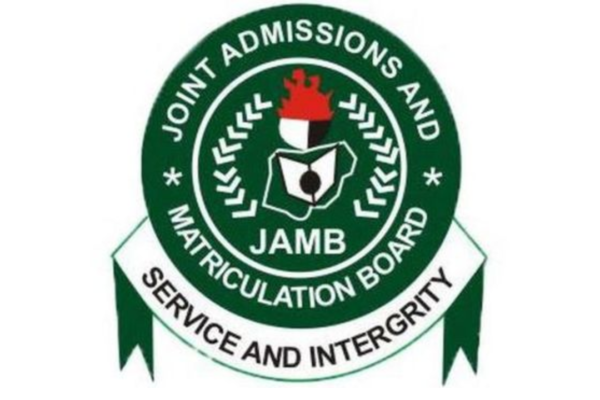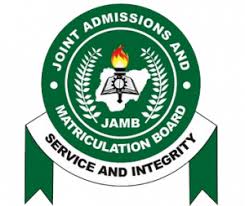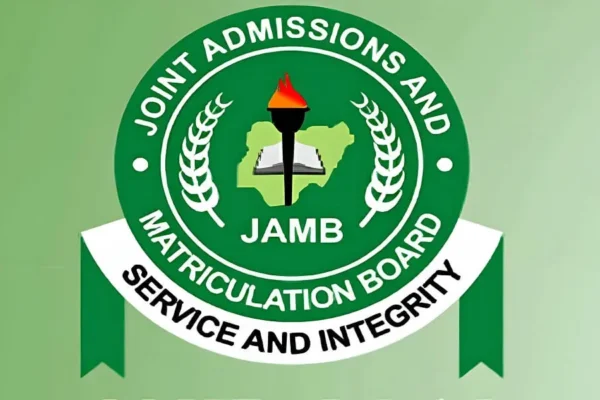
No Ban on Matriculated Students – JAMB Clears Air on UTME, DE Registration
The Joint Admissions and Matriculation Board (JAMB) has clarified that candidates already enrolled in tertiary institutions are not prohibited from registering for the UTME or Direct Entry (DE) examinations. This statement comes amid claims circulating online that matriculated students are barred from registering for JAMB exams, which the board described as false. In a release, Fabian Benjamin, JAMB’s Public Communication Advisor, explained that candidates must disclose any existing matriculation status during registration. This requirement is strictly for record-keeping and regulatory purposes, and to prevent multiple admissions. Benjamin noted, “Once a candidate secures admission through the latest UTME/DE registration, any previous admission automatically ceases, as the law does not permit a candidate to hold two admissions concurrently.” JAMB warned that concealing existing matriculation status is an offence. While the board’s system can detect prior admissions, deliberate concealment could lead to forfeiture of both opportunities. The board also urged the public to ignore misleading claims from self-styled education advocates who misrepresent official policies for personal gain.





